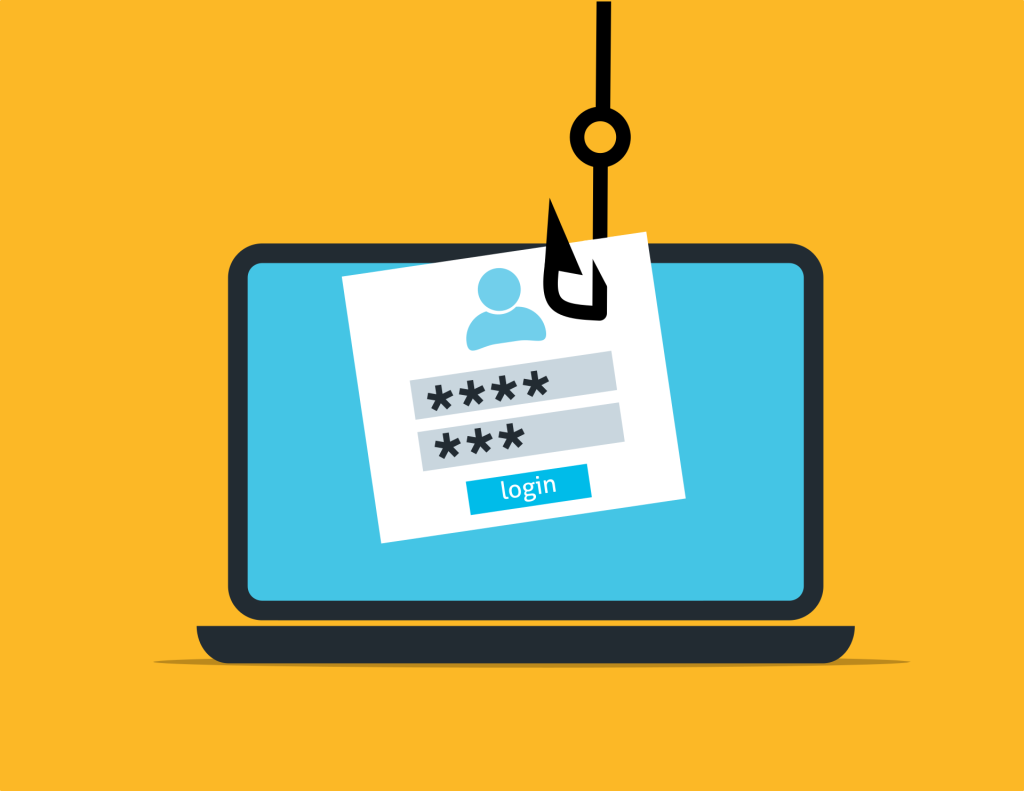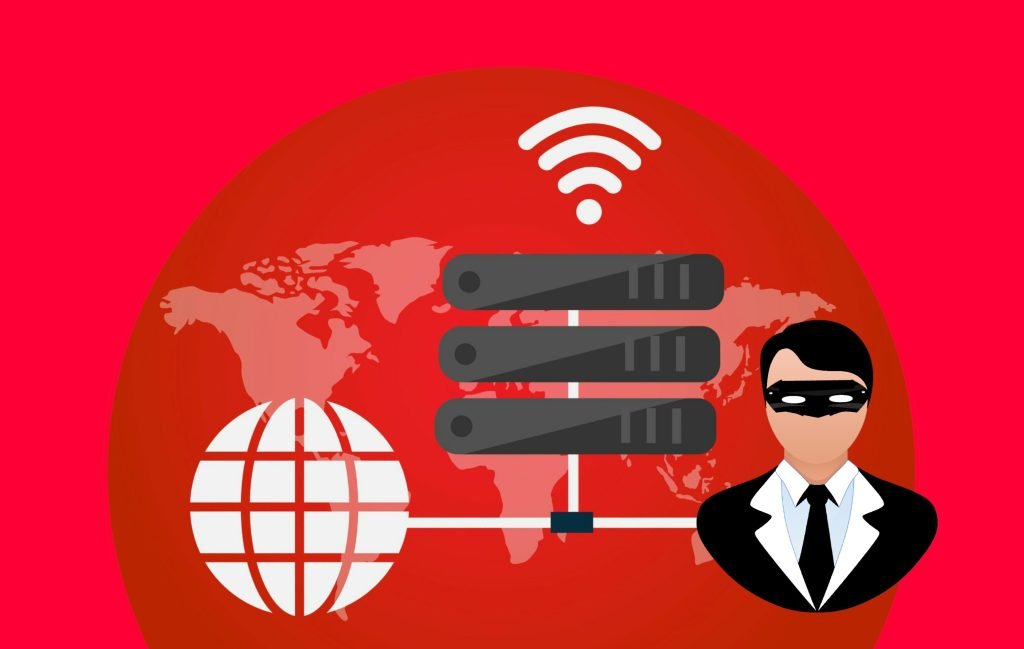
In the old days, only large companies worried about implementing website security best practices. However, the risk of smaller websites getting hacked has dramatically increased because they are softer targets. You can take several measures to improve website security for small businesses without spending a fortune. But first, the basics.
What is Website Security?
Website security is the protection of public-facing websites from hacking. Activities that improve cybersecurity for small business websites minimize the chances of data getting stolen. It also prevents damage to hardware and software. Prevention is always better than cure, so let’s look at the five best ways to improve the internal website security for small business websites.
5 Essential Tips to Keep Your Website Protected
Hacking is a fairly complex task. However, even the best hackers know that a chain is only as strong as its weakest link. Therefore, they always try to pick out the lowest hanging fruit before attempting more complex operations. Here are five website security best practices every small business owner must know.
1. Password Hygiene Guarantees Website Security for Small Businesses
 Source: Pixabay
Source: Pixabay
One chink in the armor that attackers often utilize is weak passwords. Unfortunately, many people don’t know that their passwords are at the frontline preventing their websites from cyberattacks.
Studies have shown that more than 100 million accounts use the password “123456.”
Hackers infiltrate many websites with dictionary attacks due to weak passwords. Unfortunately, weak passwords are not exclusive to personal accounts; they are also an epidemic that threatens website security for small businesses.
The first step toward improving your password hygiene is to use complex passwords. If you are afraid of forgetting them, you can use a password manager to keep track of them. Two-factor authentication also helps boost cybersecurity for small business websites.
2. Use SSL Encryption to Thwart Man-in-the-Middle Attacks
 Source: Pixabay
Source: Pixabay
A Secure Sockets Layer (SSL) certificate is the main difference between websites that start with ‘HTTP’ and those with ‘HTTPS’ at the beginning. The security implication of this difference is astronomical.
A website with HTTPS encrypts all traffic between the server and end user. All this data is inaccessible to anybody else during transfer. Therefore, sensitive information such as passwords and credit card information is safe from prying eyes during this process. Customers always look for the padlock symbol on the address bar to determine the internal website security for small business websites. If you don’t use a secure site, you will lose potential customers, and the data on your website will also be vulnerable.
3. Update Your Software improves Website Security
 Whenever you use computer software, it is wise to update it regularly. This advice is crucial to anyone who wants to observe website security best practices.
Whenever you use computer software, it is wise to update it regularly. This advice is crucial to anyone who wants to observe website security best practices.
You are usually safe with a content management system that automatically manages software updates. However, some platforms like WordPress need more elbow grease to keep in shape. The threat of getting hacked increases with every subsequent update you fail to install. Unpatched flaws compromise the internal website security for small business sites that are outdated.
Many website content management systems contain a robust security suite that you can use to keep your website safe. However, you can go the extra mile to protect yourself from cybercriminals. That step is using malware and virus protection. Many experts on cybersecurity for small business recommend proactive malware and virus protection for business websites.
4. Find a Secure Website Host improves Website Security
 Source: Pixabay
Source: Pixabay
People often neglect the role of a web hosting company when reviewing website security best practices.
One of the most important considerations for choosing a web hosting company is the security of its service. The best quality web hosts include security features such as SSL in their plans.
When looking for a hosting service, stick to providers that understand the potential risks and prioritize security.
5. Backups are Your Friend When Your Cybersecurity for Small business Website Fails.
The importance of backing up your data supersedes that of software updates. While a software update will improve your website’s functionality, it does not restore your personal information.
It doesn’t matter how careful you are with your website—at some point, everyone loses some data.
You can lose mission-critical data on your website due to cyberattacks, employee errors, natural disasters, etc. Fortunately, you can restore backup data and get your website running again with minimal downtime.
One of the questions people often ask is how often they should back up their data. Also, does the backup need to be backed up? The answer to these questions depends on the sensitivity of the data.
To prevent interruptions to your business and guarantee internal website security for small business, you should create a backup strategy for the various data types on your website.
Wrapping up
There is a significant incentive for cybercriminals to target business websites because they can get financial rewards when they attack these sites. However, cyberattacks significantly threaten customer data, including credit card information. When stolen, this data not only impedes customers’ safety but also jeopardizes future business from the customers and dissuades potential clients. Therefore, small companies should ramp up their website security to remain relevant.
More info: Five Affordable Cyber Security Best Practices For Small Businesses
